Links and quotes: decline of serial killers, arranged marriage, balloons, comrades, Madame de Sévigné, broken Britain
Plus even more interesting things
Hello,
Welcome to Cultural Capital. Now at more than 8,000 subscribers!
In The Times this week I wrote about why the advent of AI heralds the destruction of the middle class and the dawn of an age of “neo-feudalism”, a return to the kind of highly stratified oligarchical society that has been the norm for most of human history.
The Revolutionary Temper
Last week I read Robert Darnton’s brilliant book about the social and cultural origins of the French Revolution, The Revolutionary Temper. I loved it. A major recommendation from me. One of Darnton’s themes is that downfall of the ancien regime was precipitated by an “information crisis” similar to the one we are experiencing today with social media. The spread of reading and the proliferation of pamphlets and books meant that the old order was vulnerable to constant gossip and criticism, fatally undermining its legitimacy. Court dramas and rivalries in which aristocrats tried to destroy each others’ reputations with slander would once have played out among the elite in the halls of power. But thanks to the spread of books they began to take place in the public sphere, making the government seem divided and corrupt. The rise of literacy also allowed the diffusion of new ideas about equality, human rights and that challenged the intellectual basis of the old hierarchical order.
It’s a fascinating example of how a political order failed to survive a transformation in the communications environment that sustained it. I wonder if we will one day say the same thing about liberal democracies and social media.
Darnton is also extremely interesting and persuasive about the ways that inventions like the hot air balloon and mesmerism transformed people’s sense of humanm potential and helped to overthrow the old hierarchical divinely ordained feudal system.
When I was a child I was enraptured by the Montgolfiers’ pioneering balloon (pictured above). There was an illustration of one in a book I had (possibly the Ladybird history of flight) and something about the way it was decorated with the golden face of the sun on a sky blue background gave me a strange feeling of sublimity and mysticism.
The decline of serial killers
Very interesting piece from Derek Thompson’s substack on the decline of serial killers. Serial killing sky rocketed in the 1970s and has now plunged:
As an archetype, the serial killer seems like a classic fixture of American life. But as an actual phenomenon, it’s much more faddish than you’d think. According to the Radford University Serial Killer Database, the number of serial killers in the U.S. increased by a factor of 10 between the 1940s and the 1970s. Just as quickly as it emerged, it dissipated. By the 2010s, the number of serial killers had crashed 80 percent from its peak.
Thompson offers a series of extremely interesting (and plausible-seeming) explanations for the phenomenon. Obsessed as I am with the social impact of media and changing communications technologies I find this idea particularly intriguing:
The age of the serial killer took off just after the rapid growth of television. TV news might have unwittingly played the role of social contagion amplifier, as psychopaths were encouraged by the success, and even inspired by the details, of other sickos whose dark accomplishments received lurid TV coverage. Even more importantly, Fox told me, the availability of pornography on VHS, then DVD, then Internet, and then smartphones has created more (and less violent) outlets for sexual sadism. “The growth of digital porn” he said, allows people to “satisfy their urges in ways that don’t involve murdering lots of people”—which has to be among the least pleasant yet consequentially positive things anybody has said to me in a reporting call.
I wonder if the rise of violent video games has served a similar purpose.
The return of “comrade”
The Economist reports that the Chinese Communist party is trying to reintroduce the word comrade (“tongzhi”). Apparently the term fell out of fashion during the pro-market reforms after Mao’s death and “less ideological greetings took its place: like xiansheng (‘mister’), meinu (‘beautiful woman’) and laoban (‘boss’)”. Now it seems the party wants to return to “comrade”. But there may be a stumbling block to its adoption…
since the 1990s tongzhi has become a popular slang term for gay people, catching on because it sounded neither pejorative nor clinical, unlike most of the alternatives. For a time one of China’s biggest LGBT-rights organisations, based in the capital, was known as the “Beijing tongzhi Centre” (it closed in 2023 under political pressure).
Why the housing crisis is the mental health crisis
John Burn Murdoch at the FT is one of my favourite journalists. He has a brilliant new piece about the mental health crisis among young people, arguing that an overlooked factor is the shortage of housing. He suggests that this may help explain why mental health is so much worse in the Anglosphere than in Europe. Home ownership has fallen much more steeply in English-speaking countries:
the increasingly palpable sense of insecurity, stress and even anger among many Anglo under-forties cannot easily be written off as irrational catastrophising or mental health speak. It reflects a generation’s direct experience of reality.
Indeed, the effects of the housing crisis go beyond mental health and are shaping a much more negative world view among young people:
The respondents to this survey are essentially right. Hard work increasingly has much less to do with success than with having wealthy parents. I think the long term political effects of the housing crisis (especially when coupled with the rise of AI) will be catastrophic. Home-owning middle aged politicians have no idea how bad things have got.
Arranged marriage for the middle class
Fun piece by Rob Henderson on the way universities function as a twenty-first century substitute for arranged marriage. Modern parents can’t tell their offspring who to marry but they can ensure they end up in an elite college where they will have access to a highly restricted pool of ambitious, successful members of the opposite sex:
Imagine the type of spouse your typical upper-middle-class parents would want for their kid. Someone smart, conscientious, relatively agreeable, hardworking, ambitious, and so on. These parents want to screen for these attributes to ensure their kid “marries well.” So these parents invite suitors to take IQ tests and disclose the results, gather recommendation letters, divulge their family income, and craft personal statements that convey their background and values.
You probably see where I’m going with this. Today, colleges and universities function as arranged matchmaking services.
This, apparently, is why “if male enrolment falls to 40 percent or below” at a university then “female students begin to flee.”
Stupid graphs
I have been making my own less-exalted forays into data journalism. ChatGPT will answer any question you pose in the form of a graph if you ask it to. Here is its attempt to answer the question “is it possible to be too interested in the eighteenth century?” in the form of a bar graph:
Apparently, the potential for social isolation almost outweighs the opportunities for cultural enrichment. Amusing nonsense and a useful reminder that for all their wonders these are still essentially bullshit machines.
Not-so-broken Britain
An under-rated quality of professional contrarians is timing. Janan Ganesh’s withering corrective to some of the hysterical doomerism about “broken Britain” arrives at just the right moment:
Which countries of similar size and complexity are in much better shape than Britain? France is even more indebted and harder to reform. Germany has been in recession for a couple of years. In all three countries, the populist right — whose success is a proxy measure of public disaffection — could plausibly end up in government at the next general election. In Italy, it governs already. This isn’t the 1970s, when the UK stood out as the European straggler. Of course, a nation’s malaise is no easier to bear just because others are experiencing their own. But it is prima facie evidence that broader trends are at work than unique British decay.
“Most countries are screwed” is perhaps only a moderately optimistic take. The piece also contains a splendid side-swipe at easy nostalgia (which I will continue to ignore):
What makes nostalgia so hard to argue against is that it is an ever-moving target. People pluck their favourite bits from different periods — the homogeneous culture of the 1950s, the industrial peace of the 1990s, the rampant growth of the pre-crash noughties — and combine them into a single fictitious moment. This isn’t just a sleight of hand. It makes it impossible for the present to “win”. Twenty twenty-five has to go up against a Best Of, a compilation from the last century or so. Highlight
Madame de Sévigné
I’ve also been reading the letters of Mme de Sévigné, the great letter-writer famous for her vivid descriptions of seventeenth century France and the court of Louis XIV. They’re brilliant. But I’ve discovered another example to add to my compilation of instances of the weirdness of people from the past. In a letter to her daughter Mme de Sévigné describes “with relish” the sexual problems of her (Mme de Sévigné’s) son Charles in his an affair with an actress. As the introduction to my Penguin edition explains:
[Mme de Sévigné relates how] Charles is still carrying on with the Champmeslé, the famous actress who created some of Racine’s greatest roles and had been his mistress. Mme de Sévigné was no prude, and she describes with relish and in crude terms how poor Charles, having got the lady to the point, had had an attack of impotence, to his extreme discomfiture. That any man could have told his mother about this intimate humiliation is surprising, that the mother should recount this as a good joke to his sister is astonishing, but that the son should then say to his mother that he must have inherited her frigidity is astounding. How did he know? In the end they all seem to have had a good laugh about it.
The seventeenth century: strange place! Or Mme de Sévigné was a strange woman.
Finally…
Let me know what you’re reading as always. Or indeed whatever else you’re thinking that seems relevant (within reason). If I can invoke your help I’m a bit stuck for history books at the moment. In my current reading phase any really good and well-written book about European social, cultural or intellectual history between 1400-1800 will interest me. All ideas are welcome!
Until next time,
James


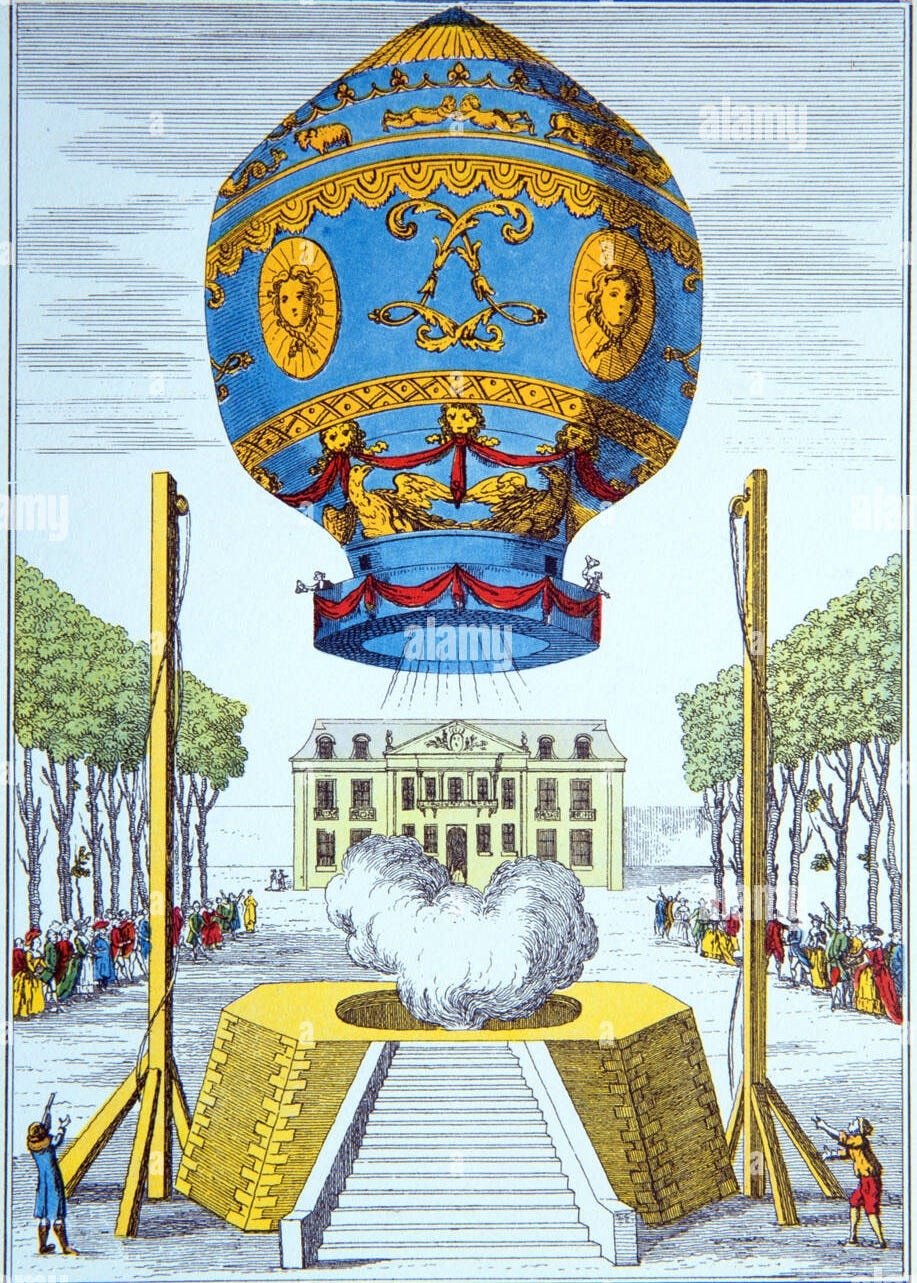
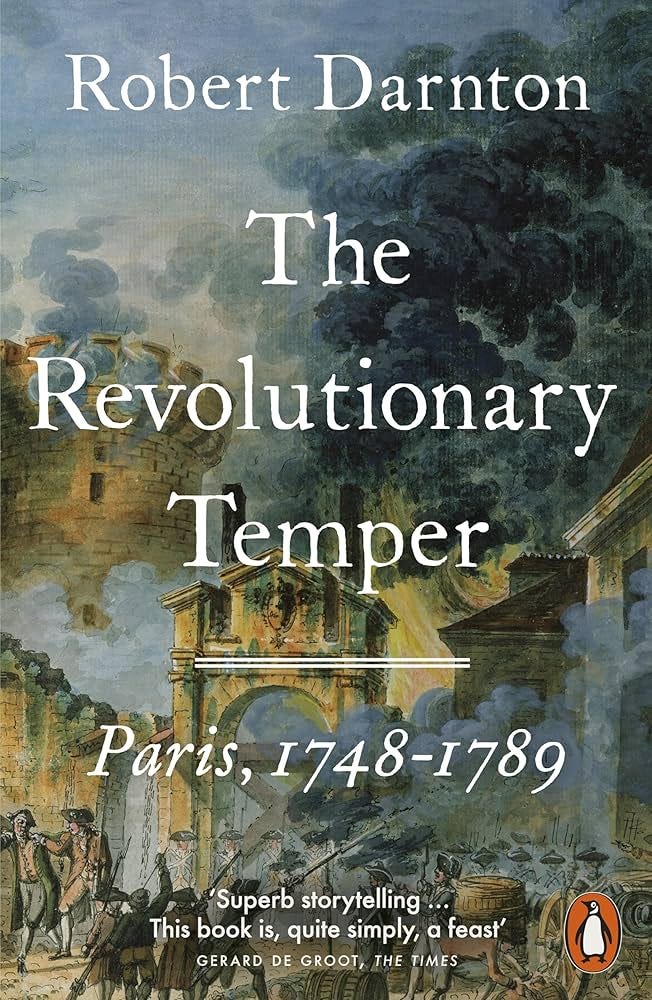
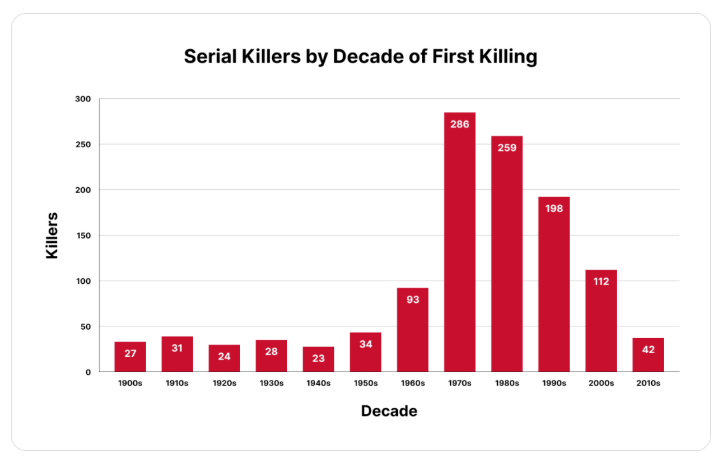
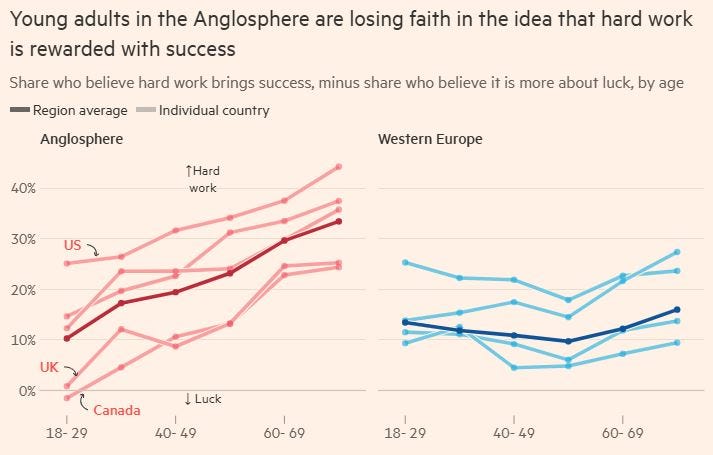
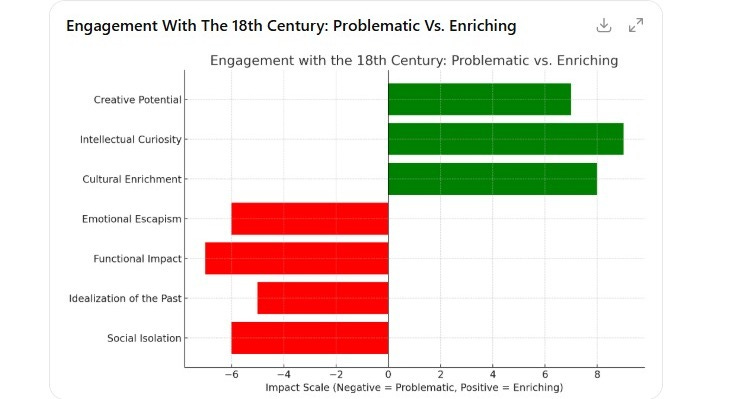

I read Zola’s The Fortune of the Rougons on holiday in Provence last week and thoroughly recommend it. Social satire reminiscent of English Victorian novelists but against a background of violent revolution.
I interviewed Caroline Fraser on my show - who suggests in her book Murderland that serial killers were affected by lead poisoning in their atmosphere in their local area - its an interesting theory, tho I also agree that crime may well have declined because young men spend more time playing video games - definitely something in that.
I’m reading The Technological Republic which argues the tech community is divorced from any civic purpose and spends too much time designing consumer apps and not enough time investing in meaningful leaps forward in technology.
Have just finished Grayson Carter’s and Keith McNally’s memoirs - wonderful look backs at New York media excess in the 90s and noughties when expense accounts were unlimited